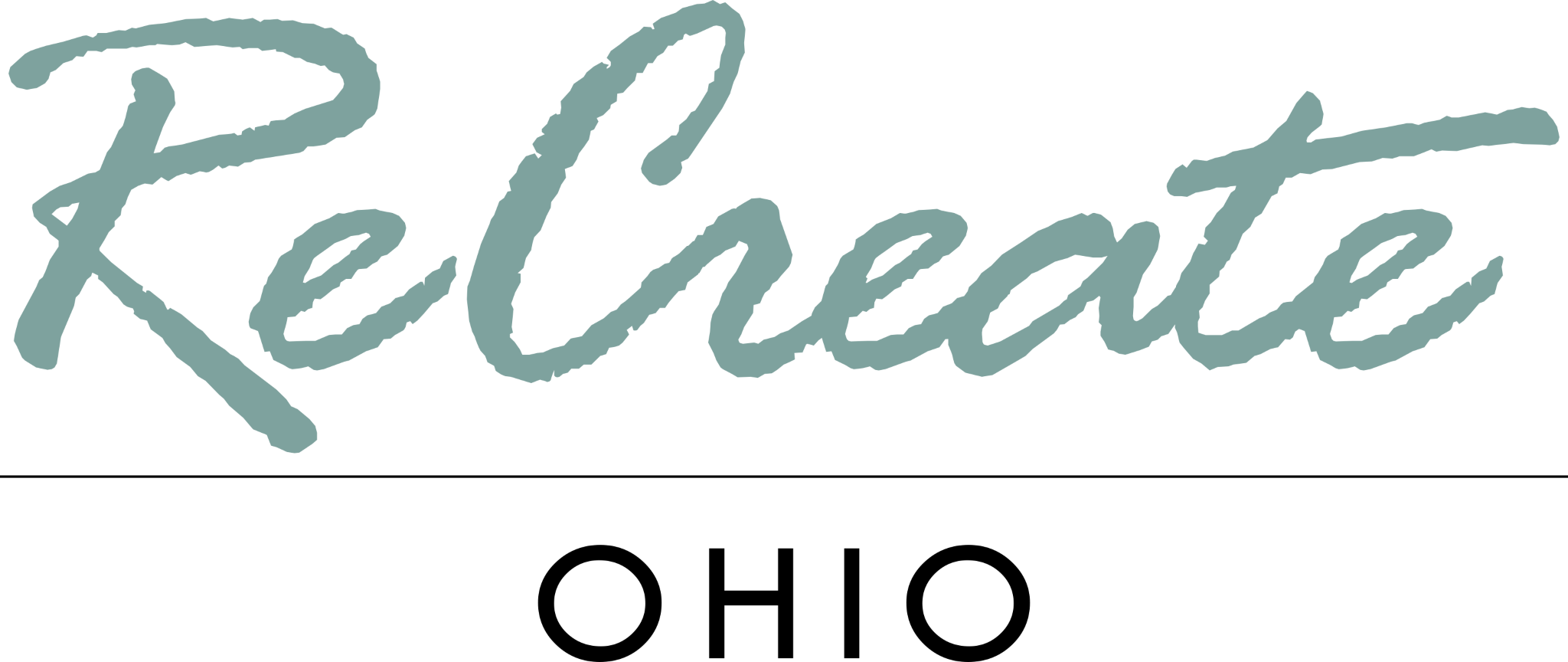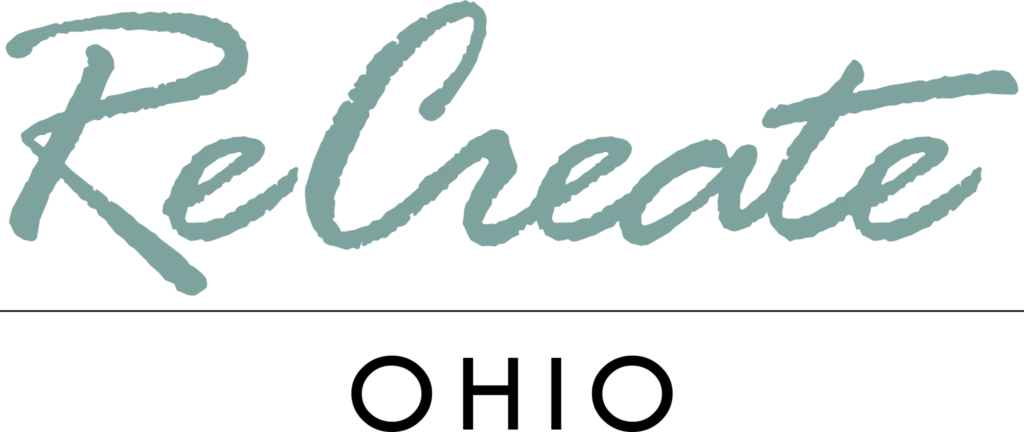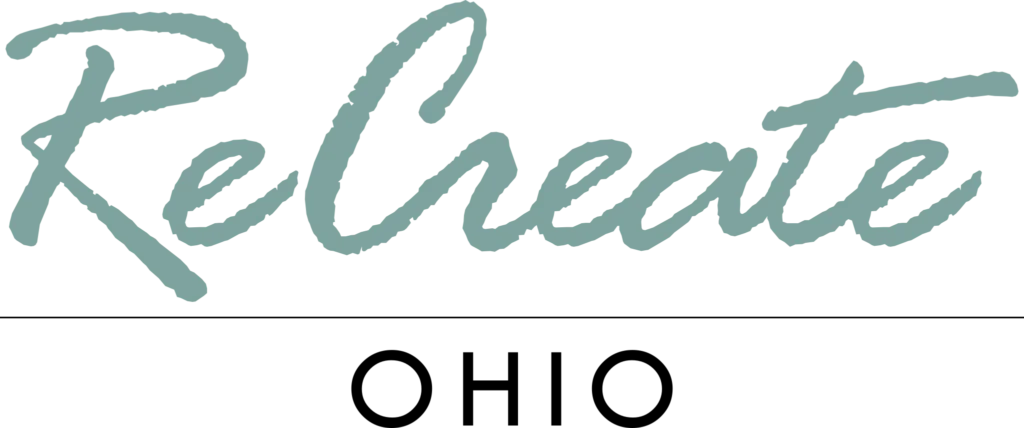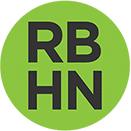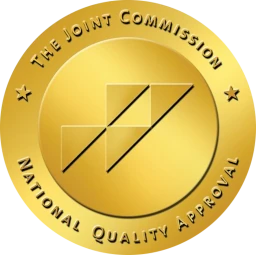Need help with drug addiction? You’re not alone. This article covers essential resources, treatment options, and support systems for drug addiction help, ensuring you can overcome addiction.
Key Takeaways
- Drug addiction profoundly affects physical, emotional, and mental health, necessitating a comprehensive approach to treatment that addresses all aspects of the disorder.
- Effective treatment options for drug addiction include detoxification services, inpatient and outpatient programs, as well as behavioral therapies like Cognitive Behavioral Therapy and Medication-Assisted Treatment.
- Aftercare and ongoing support, such as sober living homes and support groups, are essential for sustaining recovery and preventing relapse, emphasizing the need for continuous support beyond initial treatment.
Understanding Drug Addiction
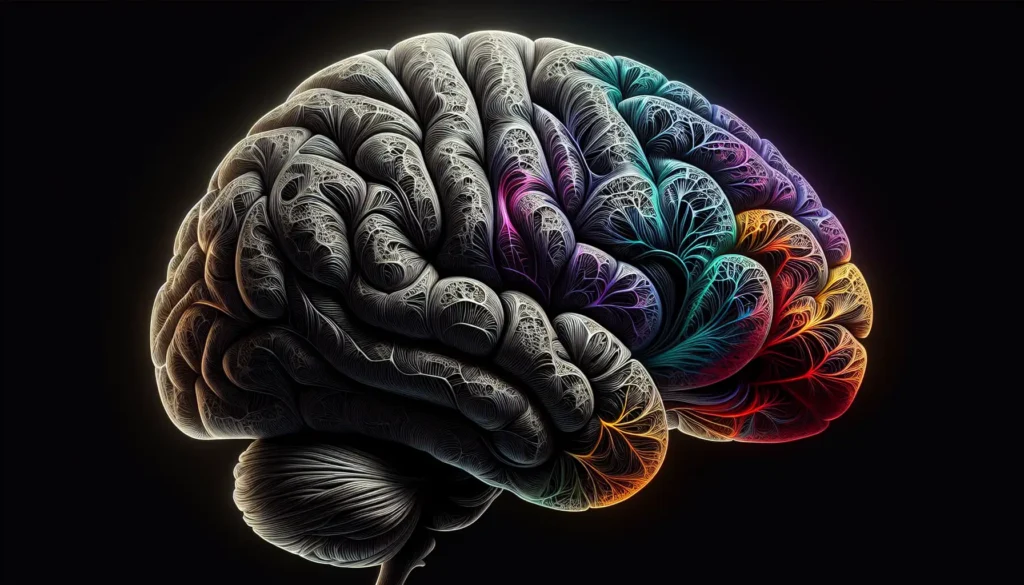
Drug addiction, also known as substance use disorder, is a disease that impacts a person’s brain and behavior, leading to an inability to control the use of legal or illicit drugs or prescription medications. This lack of control results in compulsive drug-seeking behavior despite harmful consequences. The physical effects of drug abuse and addiction are extensive, including:
- Weakened immune systems
- Infections
- Cardiovascular conditions
- Neurological issues
Emotionally and mentally, drug and alcohol abuse can cause a range of issues such as:
- Anxiety
- Depression
- Social withdrawal
- An overall decline in mental health
These emotional and psychological challenges can perpetuate the cycle of addiction, making it even harder to break free without professional help. Understanding the complexity of substance use is the first step towards recognizing the need for comprehensive addiction treatment.
It’s important to acknowledge that addiction is a disease, not a moral failing. It requires a multifaceted approach to treatment that addresses the physical symptomsl, emotional symptoms, and mental aspects of the disorder. This understanding lays the foundation for seeking effective and compassionate care.
Signs You May Need Help with Drug Addiction
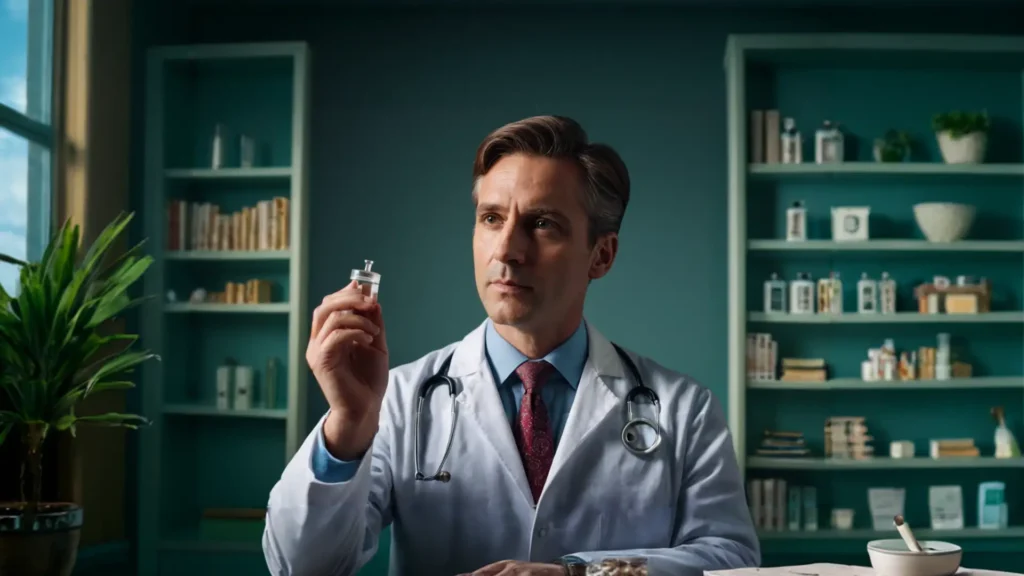
It’s important to recognize the signs of drug abuse to seek help promptly. Physical indicators of drug addiction can include liver damage, cardiovascular disease, and neurological impairment. Deterioration of physical appearance, such as sudden weight loss or gain, bloodshot eyes, and unusual smells on breath or clothing, are also common.
Individuals battling drug addiction and alcohol abuse often face emotional challenges such as heightened anxiety, depression, and feelings of despair. Social problems, may indicate withdrawal from family and friends, difficulties in maintaining employment, and engaging in secretive or suspicious behaviors. These changes can signal that professional help is needed to address substance abuse effectively.
Behavioral indications are also revealing. Sudden changes in personality or attitude, periods of unusual hyperactivity or agitation, and frequent trouble with the law or in social settings can all indicate a substance use disorder. Recognizing these signs can be the first step towards seeking addiction treatment and starting the path to recovery.
Effective Treatment Options for Drug Addiction
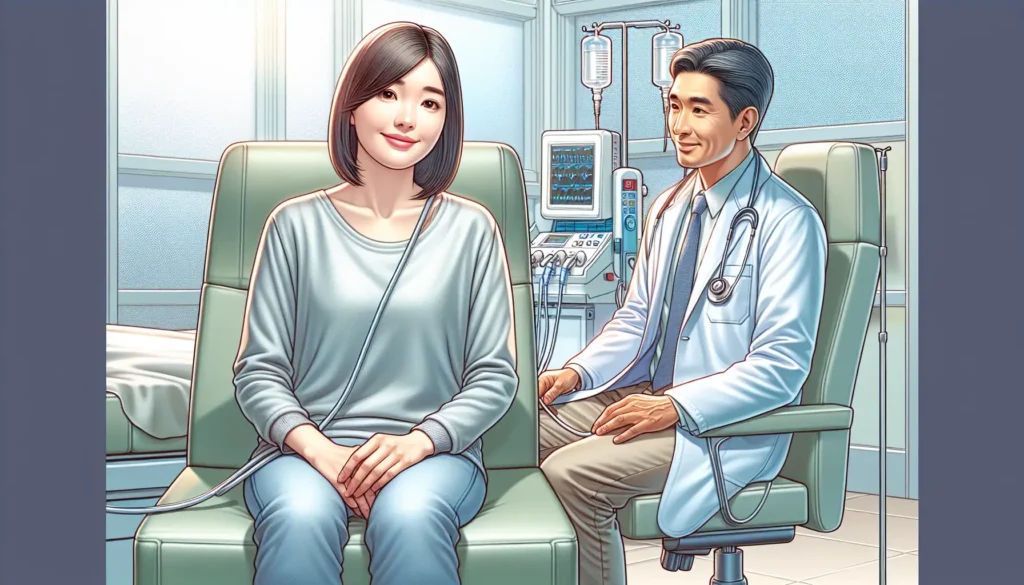
Even though addiction isn’t curable, it’s manageable with effective treatment. Treatment can help individuals manage their addiction and improve their quality of life. Successful treatment involves managing the condition and addressing the needs of the whole person, including treat substance-related issues in the following areas:
- Medical
- Mental
- Social
- Occupational
- Family
- Legal needs
Relapse does not necessarily mean that treatment has failed; it indicates that the treatment plan may need to be adjusted.
Effective treatment options for drug addiction include detoxification services, inpatient treatment programs, and outpatient treatment programs, all of which involve treating substance abuse. These approaches can be tailored to fit individual needs, providing the necessary support to manage withdrawal symptoms, prevent relapse, and promote long-term recovery.
Detoxification Services
Detoxification services, often serving as the initial step in addiction treatment, aim to medically stabilize individuals by helping them discontinue substance use. This process typically involves medical supervision to ensure safety and assess the physical response to withdrawal. Medical detox programs frequently include monitoring and medications to manage withdrawal symptoms and ensure safety.
The duration of detox can vary, often requiring up to ten days for substances like alcohol or benzodiazepines. At Recreate Behavioral Health of Ohio, detoxification services are provided to help patients safely navigate this challenging phase of recovery. Medications may be administered during detox to ease withdrawal symptoms and cravings, providing a safer and more comfortable transition to sobriety.
Inpatient Treatment Programs
Inpatient treatment programs offer a highly structured environment that allows patients to focus entirely on their recovery without external distractions. Most treatment facilities include 24-hour medical and emotional support, which is helpful for individuals with a substance use disorder. Structured routines and holistic activities aid in preventing a relapse while bolstering intensive recovery efforts.
Patients in inpatient treatment programs benefit from a comprehensive approach that includes medical care, counseling, and various therapeutic activities. This immersive environment offers a strong foundation for long-term recovery, offering the compassionate care needed to address both addiction, mental health issues and their underlying causes.
Outpatient Treatment Programs
Outpatient treatment offers flexibility, allowing patients to engage in treatment while maintaining their daily responsibilities such as work or school. These programs often involve a combination of individual counseling, group therapy, and case management to support recovery.
Outpatient programs are ideal for those who need to balance treatment with other life commitments. They offer the necessary structure and support to manage substance use disorders effectively, integrating treatment into the patient’s everyday life. This approach helps individuals develop coping strategies and build resilience against relapse.
Behavioral Therapies to Treat Addiction
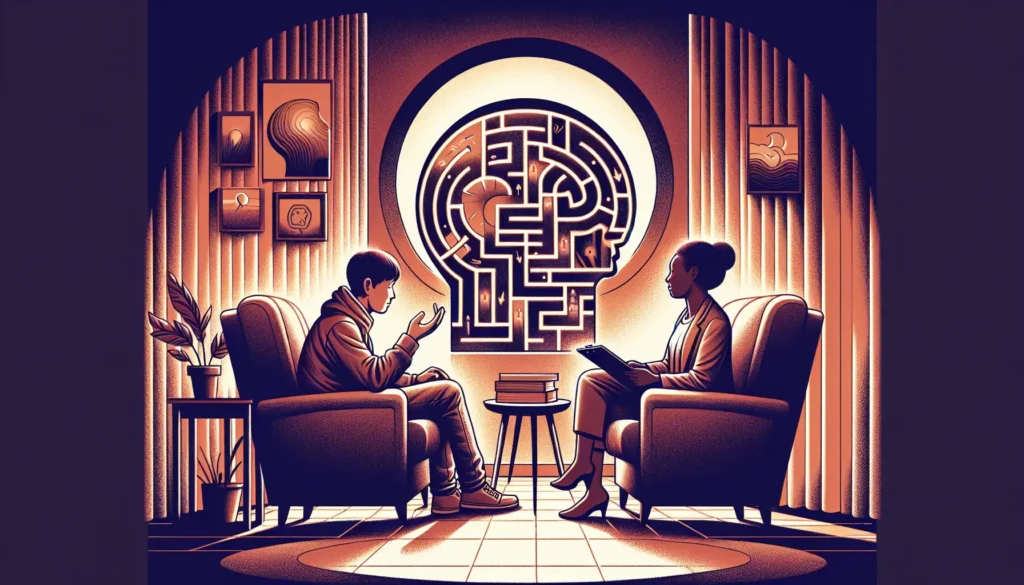
Behavioral therapies play a crucial role in confronting the psychological dimensions of drug abuse and mental health issues. These therapeutic approaches assist patients in participating in the treatment process, altering their attitudes and behaviors linked to drug use, and managing stressful situations and triggers. Behavioral therapies have been found to improve the effectiveness of medications. Additionally, they can also assist patients in adhering to treatment for longer periods of time.
Strategies used in behavioral therapies include avoiding triggers, managing stress, and targeting stress cues linked to drug use. These approaches help patients remain in recovery by providing them with the tools to navigate challenges and sustain their sobriety.
Cognitive Behavioral Therapy (CBT)
Cognitive Behavioral Therapy (CBT) emphasizes the alteration of negative thought patterns and behaviors associated with drug use. It helps individuals recognize and avoid situations where they are likely to use drugs, employing strategies like problem-solving and self-monitoring to cope with triggers.
CBT also identifies and challenges unhelpful thoughts and beliefs tied to drug use, equipping patients with coping strategies for future situations that may lead to relapse. This therapy is often used alongside other treatments, providing a comprehensive approach to recovery.
Motivational Interviewing
Motivational interviewing is a collaborative and person-centered approach aimed at eliciting and strengthening personal motivation for change. This method employs a dialogue style aimed at augmenting an individual’s inherent motivation, resolving uncertainties about discontinuing drug use, and reinforcing the patient’s commitment to change.
Medication-Assisted Treatment (MAT)
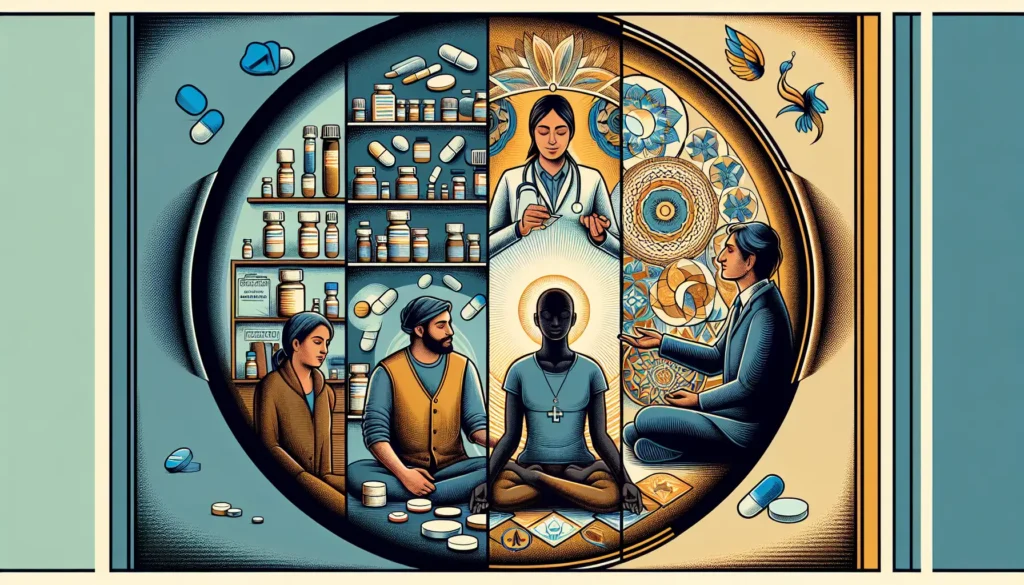
Medication-assisted treatment (MAT) merges FDA-approved medications, medication management, counseling, and behavioral therapies to handle physical cravings and withdrawal symptoms. Various medications can be beneficial at different points in treatment to assist patients in stopping drug abuse, remaining in treatment, and preventing relapse. Different types of medications can address various aspects of the treatment process and aid patients in achieving successful outcomes.
Common medications used in MAT, including prescription pain relievers, are:
- Methadone
- Buprenorphine
- Extended-release naltrexone (for opioid addiction)
- Naltrexone
- Disulfiram
- Acamprosate (for alcohol addiction)
Behavioral therapies can increase the effectiveness of these medications, helping individuals develop healthier life skills and remain in treatment longer.
Comprehensive Care Approach at Recreate Behavioral Health of Ohio
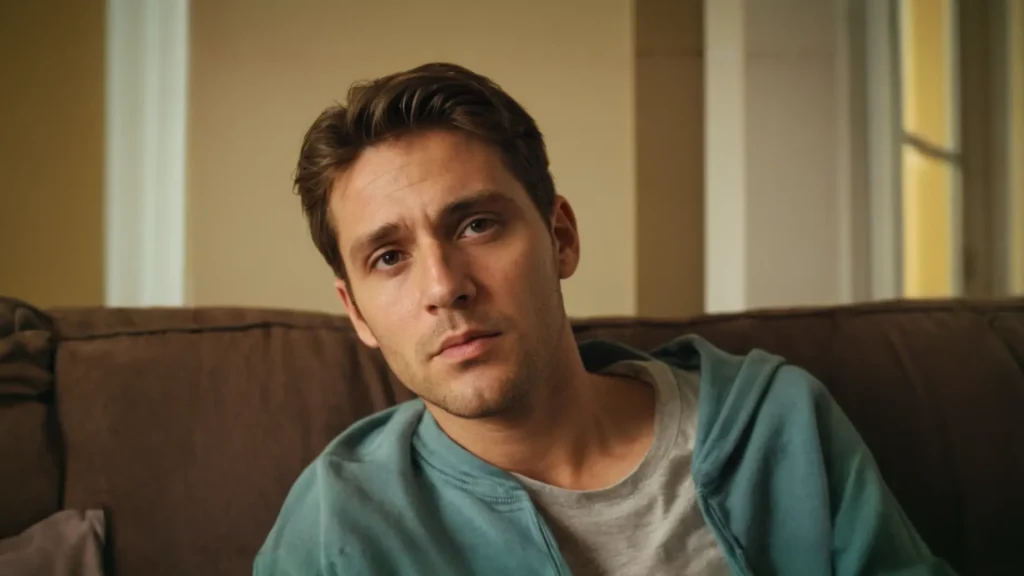
Recreate Behavioral Health of Ohio embraces an all-inclusive healing approach, combining physical, mental, and spiritual aspects to aid patients in their inpatient care. Their varied treatment programs are tailored to individual needs, and a unique treatment plan to address their current stressors such as how to reconnect with family members and friends, money issues, and concerns about living life without drugs and alcohol. This flexibility ensures that each patient receives the appropriate level of care within their comfort zone.
The emphasis on personalized, patient-centered care means that Recreate Ohio treats the whole person, not just the addiction. Their evidence-based therapies and compassionate staff contribute to a distinguished treatment experience that addresses the unique needs of each individual.
Tailored Programs for Individuals
Recreate Ohio offers a variety of programs including detoxification and inpatient residential, all tailored to meet specific patient needs. These programs address not only drug and alcohol addiction but also mental health issues, allowing comprehensive care.
The individualized treatment plans can be adjusted by professionals to fit within an individual’s comfort zone, addressing unique problems such as underlying trauma or specific mental health issues. This personalized approach helps each patient achieve a successful recovery by focusing on their specific challenges and goals.
Joint Commission Accreditation
Recreate Behavioral Health of Ohio’s accreditation from the Joint Commission signifies that the facility meets high standards of care and safety in addiction treatment. This prestigious accreditation ensures that patients receive care that emphasizes patient safety and quality of care, reflecting the facility’s commitment to excellence.
Support for Co-occurring Disorders
Mental health problems, like depression and anxiety disorders, frequently co-occur with substance use disorders. Recreate Ohio provides comprehensive treatment plans that address both addiction and other mental health conditions simultaneously, offering an integrated approach to care.
Their programs for co-occurring disorders help patients receive the necessary support to manage both conditions effectively, addressing issues like personality disorders, and mood disorders alongside substance use. This holistic approach helps patients achieve a balanced and sustainable recovery.
Family Involvement in Recovery
Family participation is an integral part of the recovery process. Family therapy includes a variety of interventions aimed at improving treatment retention, understanding of addiction, and family support for the person in recovery. These interventions can help families understand relapse warning signs and promote positive changes in communication and behavior.
Different types of family therapy are tailored to specific needs. For example, Brief Strategic Family Therapy (BSFT) and Multisystemic Therapy (MST) focus on family interactions and goal-oriented techniques for adolescents with substance use disorders, while Functional Family Therapy (FFT) aims to improve family interactions using strategies like communication techniques and behavioral contracts.
Family support groups and family peer recovery support services provide essential education, support, and resources, assisting families with a loved one in recovery. People with family support are more likely to remain in treatment, stop misusing substances, and stay sober, underscoring the importance of involving loved ones in the recovery journey.
The Importance of Aftercare and Ongoing Support
Aftercare programs are vital in preserving sobriety and averting relapse. These programs offer structured support post-treatment, helping individuals maintain recovery from substance abuse, find ways to prevent relapse, and achieve a life filled with rewarding relationships and purpose. Continuous support from aftercare programs helps prevent relapse by addressing triggers and reinforcing coping strategies.
Addiction is seen as an ongoing condition, and aftercare provides the tools and resources needed to cope with life post-treatment and work towards sustained recovery. Aftercare programs typically include substance use disorder counseling or therapy and support groups to help maintain sobriety and recovery.
Sober Living Homes
Sober living homes offer:
- A structured setting for individuals making a transition from intensive treatment to an independent living arrangement
- A drug-free and alcohol-free space
- A supportive community that helps individuals gradually re-integrate into daily life while practicing sobriety skills
Unlike halfway houses, sober living homes typically do not limit the length of stay as long as the residents follow house rules and pay rent. These rules often include mandatory meeting attendance and curfews to support a sober lifestyle. This structured environment plays a vital role in maintaining long-term sobriety and preventing relapse.
Support Groups and Counseling
Support groups like Alcoholics Anonymous (AA) and other similar groups offer long-term resources to maintain sobriety. These groups provide structure, accountability, and peer support, which are critical components of the recovery journey. Regular participation in support groups helps individuals stay committed to their recovery goals and build a network of support.
Ongoing counseling is another essential component of long-term recovery. It helps individuals address underlying issues related to substance abuse and develop coping strategies to deal with triggers and stressors. Both support groups and counseling provide the necessary emotional and psychological support to sustain long-term sobriety and prevent relapse.
How to Get Addiction Help
Initiating addiction help entails comprehending your options and tapping into suitable resources. Recreate Ohio offers confidential, free, 24/7 information and referrals. Unlike hotlines that usually send patients through a treatment referral routing service, Recreate Ohio understands that finding the right program is vital to getting help. If a patient is not a fit for their treatment facility or one of their sister facilities, they will help guide you to local treatment facilities, support groups, and community-based organizations that are a fit.
Understanding insurance coverage is also beneficial. Health insurance typically covers substance abuse rehabilitation, but the extent of coverage depends on your specific policy’s behavioral health benefits. For those without private insurance, state-funded rehab options and financial assistance from local governments can provide access to addiction treatment. Many adults seek rehab centers in different locations to find the best fit for their needs.
Summary
In summary, drug addiction is a complex but treatable condition that requires a comprehensive approach to recovery. Effective treatment options include detoxification services, inpatient and outpatient programs, and various behavioral therapies like CBT, motivational interviewing, and contingency management. Medication-assisted treatment (MAT) further supports recovery by managing cravings and withdrawal symptoms.
Recreate Behavioral Health of Ohio offers a holistic and personalized approach to addiction treatment, providing tailored programs, Joint Commission accreditation, and support for co-occurring disorders. Family involvement and aftercare programs play critical roles in maintaining long-term sobriety. By understanding the resources available and taking the first steps toward seeking help, individuals can embark on a recovery journey filled with hope and healing.
Frequently Asked Questions
What is drug addiction?
Drug addiction, also known as substance use disorder, is a disease that impacts a person’s brain and behavior, leading to an inability to control the use of legal or illicit drugs or prescription medications. It’s characterized by compulsive drug seeking and use, despite harmful consequences.
What are the signs that someone may need help with drug addiction?
If you notice physical changes like liver damage and bloodshot eyes, emotional distress such as increased anxiety and depression, and behavioral changes like social withdrawal and secretive behavior in someone, they may need help with drug addiction.
What are the treatment options for drug addiction?
Treatment options for drug addiction include detoxification services, inpatient and outpatient treatment programs, and various behavioral therapies such as CBT, motivational interviewing, and contingency management. These options can be tailored to individual needs for effective care.
What is Medication-Assisted Treatment (MAT)?
Medication-Assisted Treatment (MAT) involves using FDA-approved medications alongside counseling and behavioral therapies to manage physical cravings and withdrawal symptoms, aiding individuals in staying in treatment and preventing relapse.
Sources:
https://nida.nih.gov/publications/drugs-brains-behavior-science-addiction/treatment-recovery
https://www.dea.gov/recovery-resources
